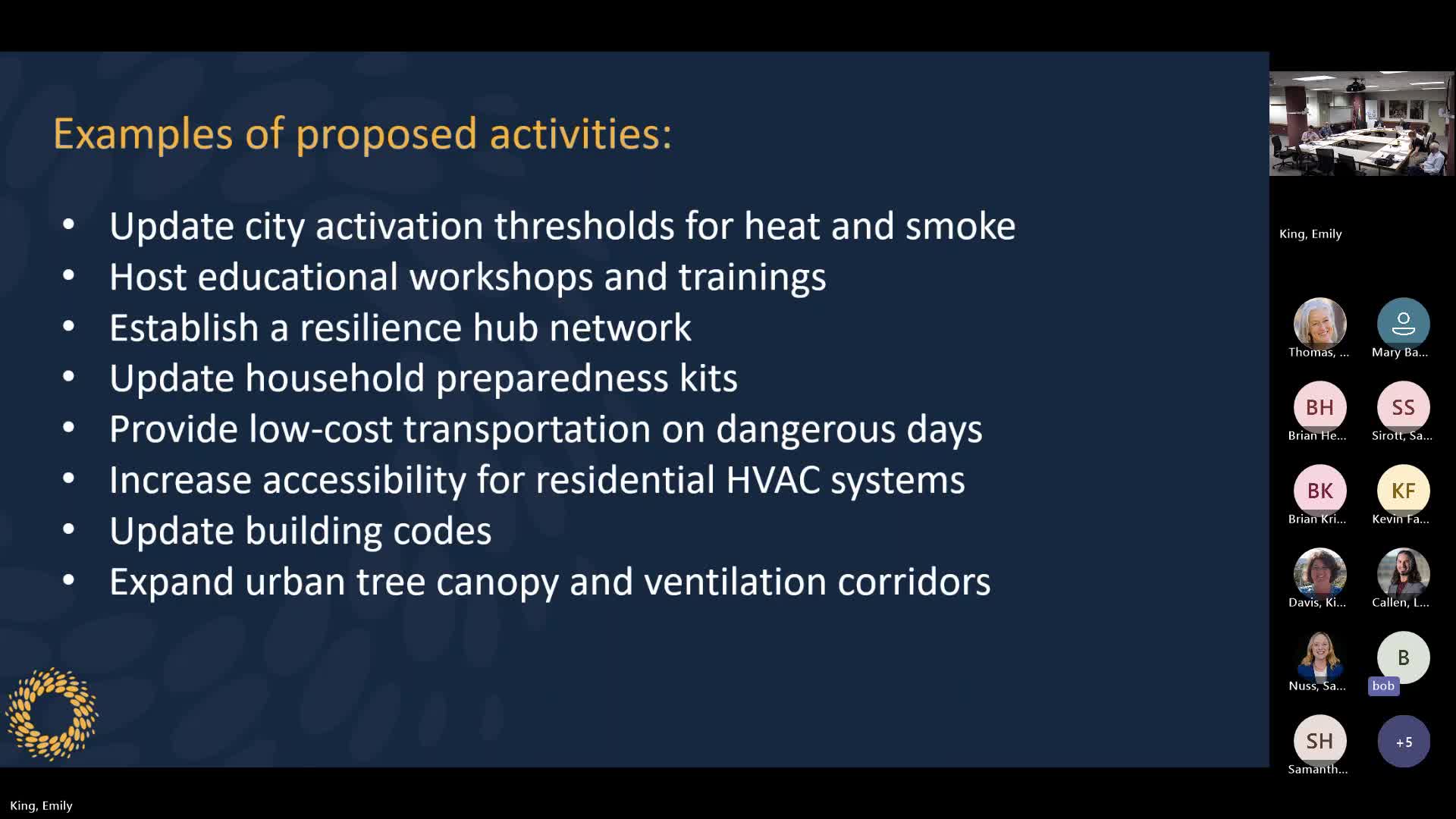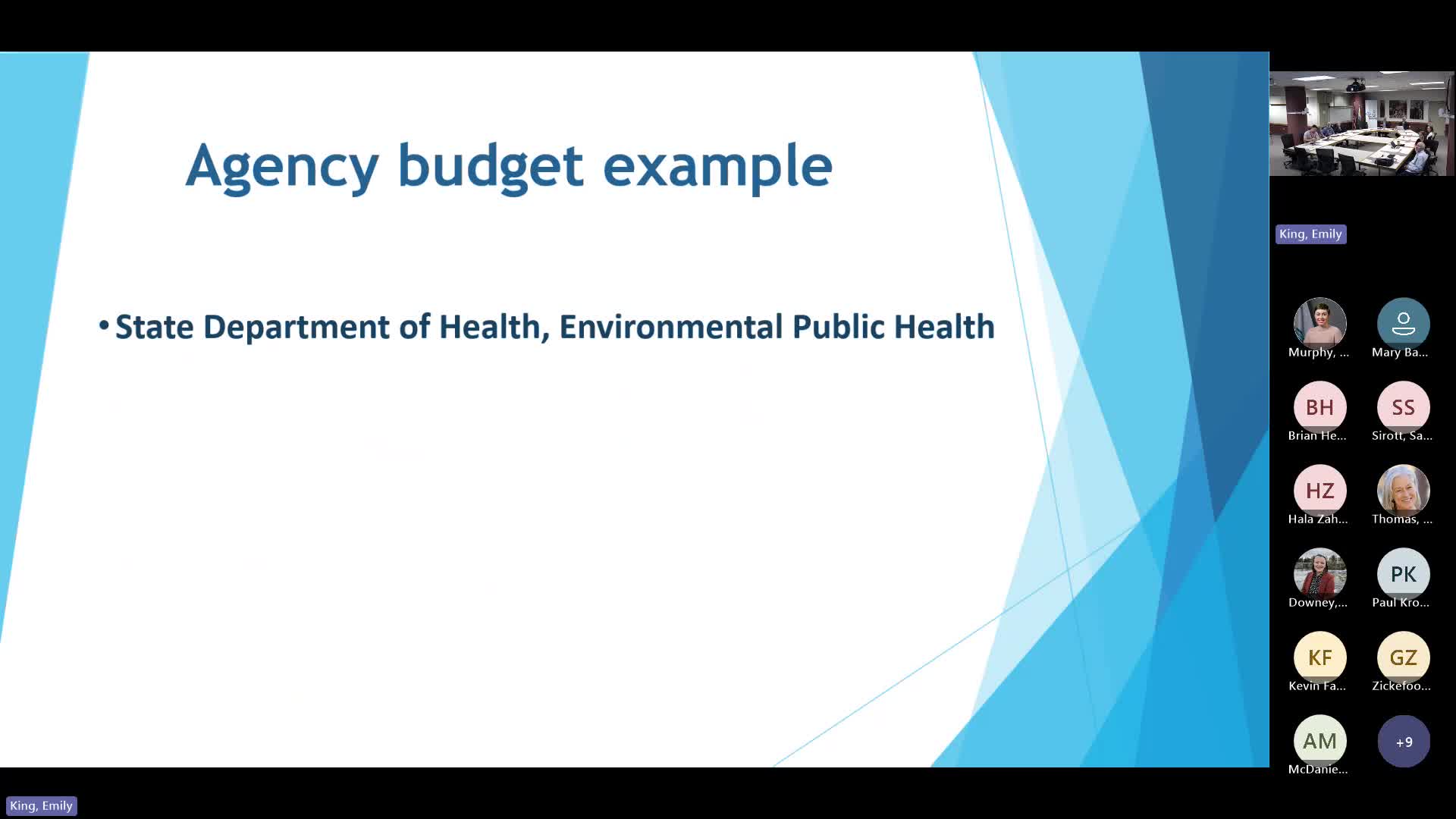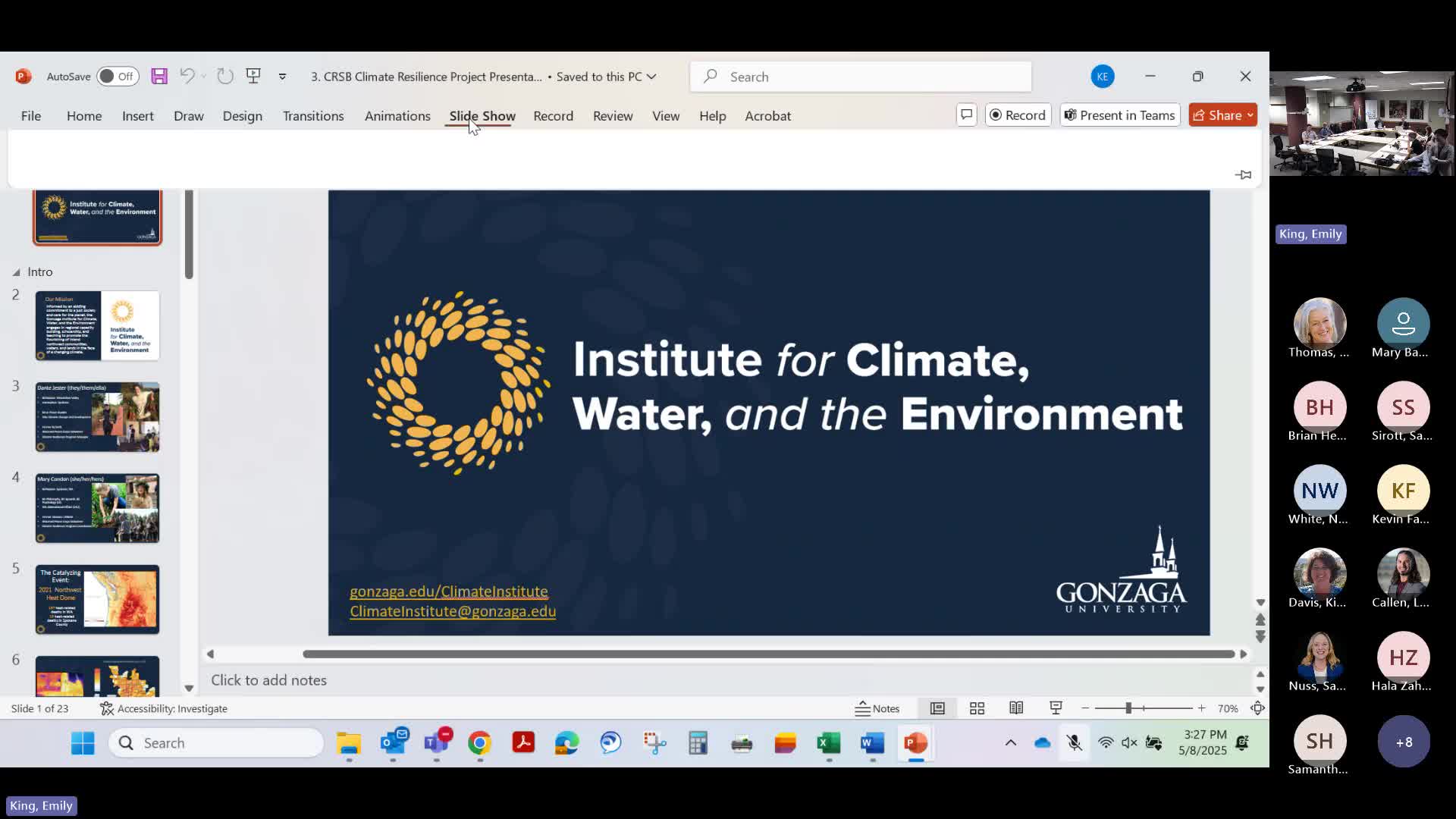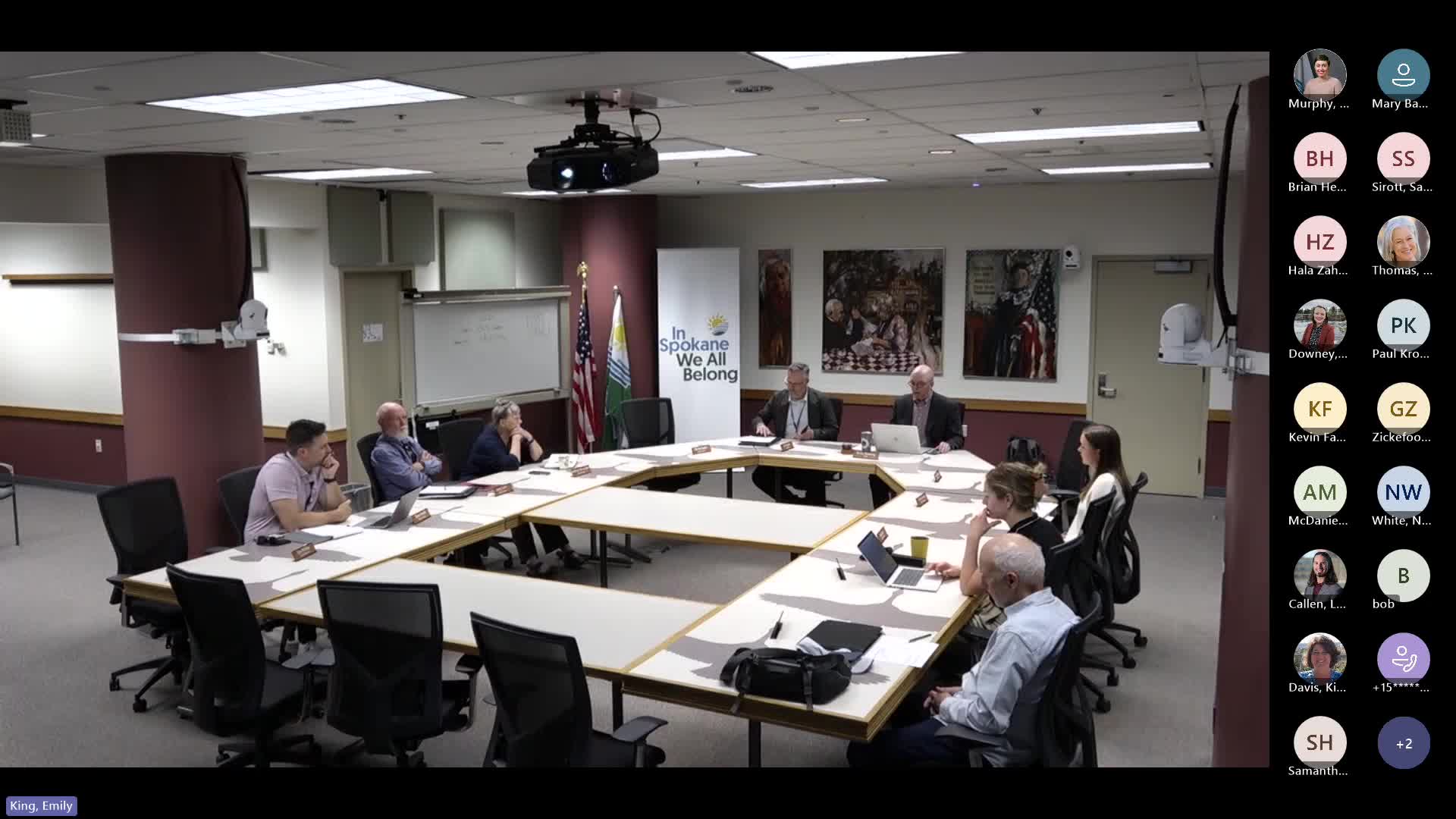Article not found
This article is no longer available. But don't worry—we've gathered other articles that discuss the same topic.

Spokane officials flag federal grant terminations and proposed cuts that could raise local borrowing costs and stall infrastructure projects

Washington legislative session reshapes Spokane priorities: recycling overhaul, cuts to outdoor education and local trail funding

Gonzaga Climate Institute outlines draft Spokane heat and smoke plans and a three‑tier resilience‑hub model

